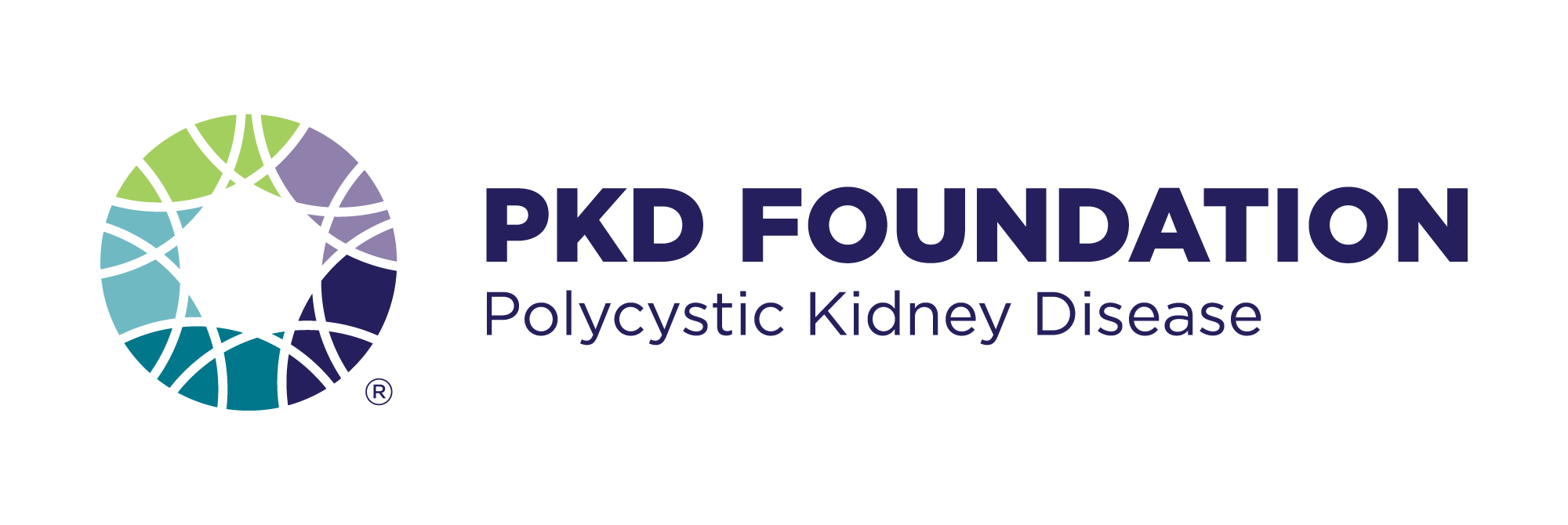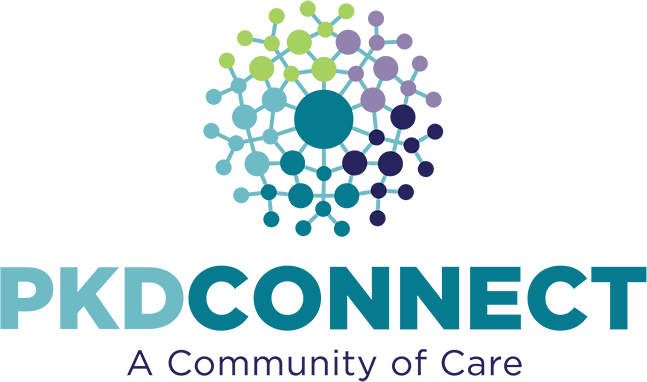
The Transplant Team
The kidney transplant team is a group of health care professionals, social workers and other providers who will help you through every step of your transplant and recovery. While each has a specific purpose in relation to your transplant, they all work together to ensure your transplant is successful.
Transplant Surgeon
- Performs the actual kidney transplant
- Monitors patient medication before, during and after surgery
- Determines quality of donor kidney before doing the transplant
- Monitors patient and kidney health after transplant
Transplant Physician (Nephrologist)
- Handles non-surgical aspects of patient care
- Performs examinations, analyzes test results, adjusts medicines accordingly
- A major player in the entire process of patient care before and after the transplant - patients should be very open with the nephrologist about any changes in the way they feel
Transplant Coordinator(s)
- Coordinates all the events leading up to and after surgery, including scheduling pre-transplant testing, finding a donor kidney, testing for donor compatibility, contacting the patient when a kidney is found and follow up care
- Provides education on patient care before and after the transplant, including taking medications, follow up visits, etc.
- Offers referrals to social and community services which can benefit the patient and their family
- Makes all communications between patients, hospital, clinics and doctors
Floor or Staff Nurse
- Handles patient needs during the hospital stay
- Coordinates activities of the transplant patient's other caregivers
- Facilitates open communication between the patient and transplant team
Psychologist/Psychiatrist
- Works with patients, family members and caregivers to discuss feelings before and after surgery
Social Worker
- Counsels patients to help them adjust to life with a transplant
- Helps patients to set rehabilitation goals, including referral to resources and providing encouragement to keep their jobs or find new one
- Links the patient and their family to people and services in the community who can help them recover after leaving the hospital (transportation, help around the home, etc.)
- Provides advice and guidance with issues related to insurance coverage
Pharmacist
- Educates patients and family members about medications
- Gives advice about drugs, including immunosuppressive (anti-rejection) medications
Healthcare Team Communication
It is important for the patient to make sure everyone in his or her local healthcare team knows they have had a kidney transplant. This includes the family physician, dentist, local pharmacist and any other healthcare professionals they see. Each should be given the contact information for the transplant team and be asked to contact them if there are any questions regarding the patient’s health or well-being in relation to the care they are providing.
Questions for your transplant team
No doubt you’ll have lots of questions regarding the procedure and your health as you go through the transplant process. To help better understand all you will be going through, here are some questions you may want to ask your transplant team:
- Are there any other options besides transplant for me?
- What are the benefits and risks of a kidney transplant?
- How long have you been doing kidney transplants?
- How many kidney transplants do you do each year?
- What is the success rate of those transplants?
- Do you do living donor transplants?
- Is paired kidney donation an option in my case?
- How long is the waiting list for this area?
- What tests are involved in the evaluation process?
- How do those results affect my placement on the kidney transplant list?
- What factors are taken into consideration when a kidney is offered to me?
- Who are the members of your transplant team and what do they do?
- How far away from the hospital can I go when I’m on the waiting list?
- How fast do I have to get to hospital after I get the call saying you have a kidney?
- How long do I have to stay in the hospital after transplant?
- How long do I need to plan for recovery overall?
- What medications will I be taking after transplant and what will they cost?
- Post transplant, what type of tests can I expect and how often?
- What happens and where do I go if I have complications post transplant?
- What will the total cost of the transplant be?
- Who covers the cost?
- What type of insurance do you accept? Private? Medicare? Medicaid?
- What happens if my insurance company says I have exhausted my benefits?
- Will I pay more or less if I have a living donor?
- What happens to my discarded kidneys? Can I donate them to research?

